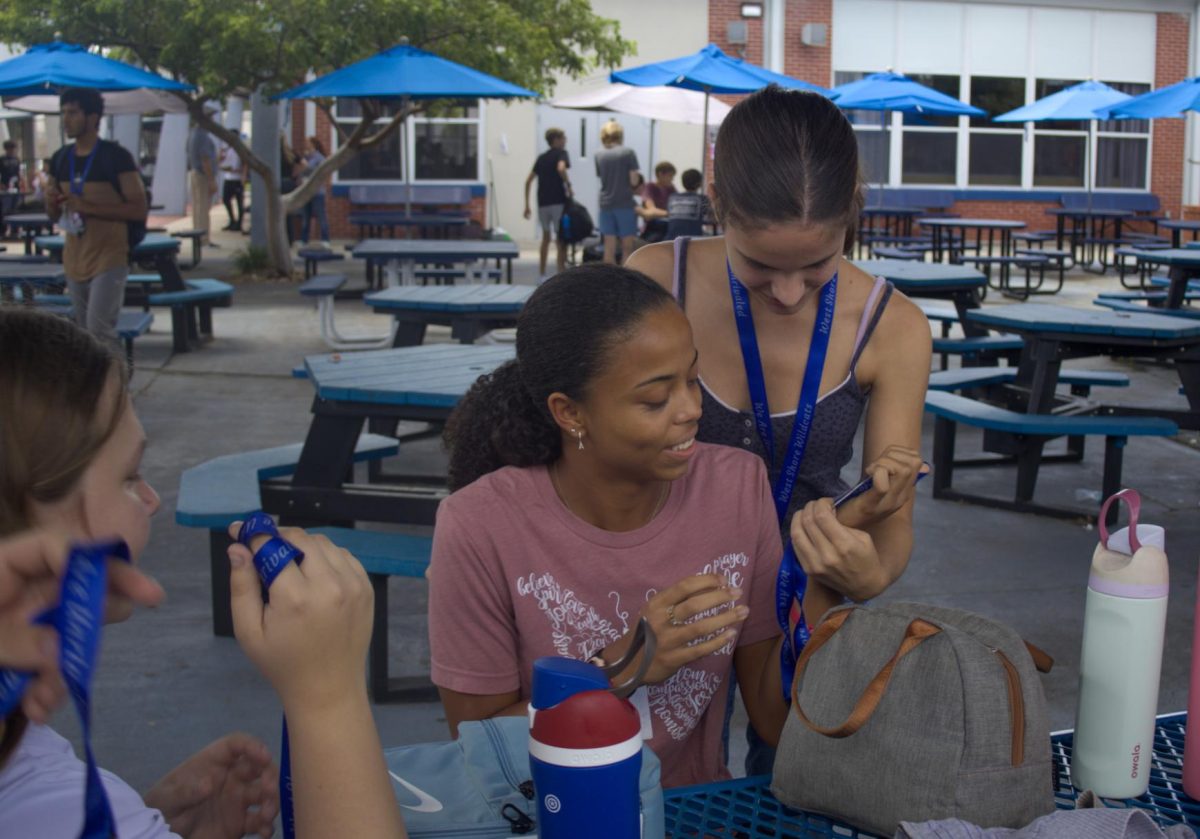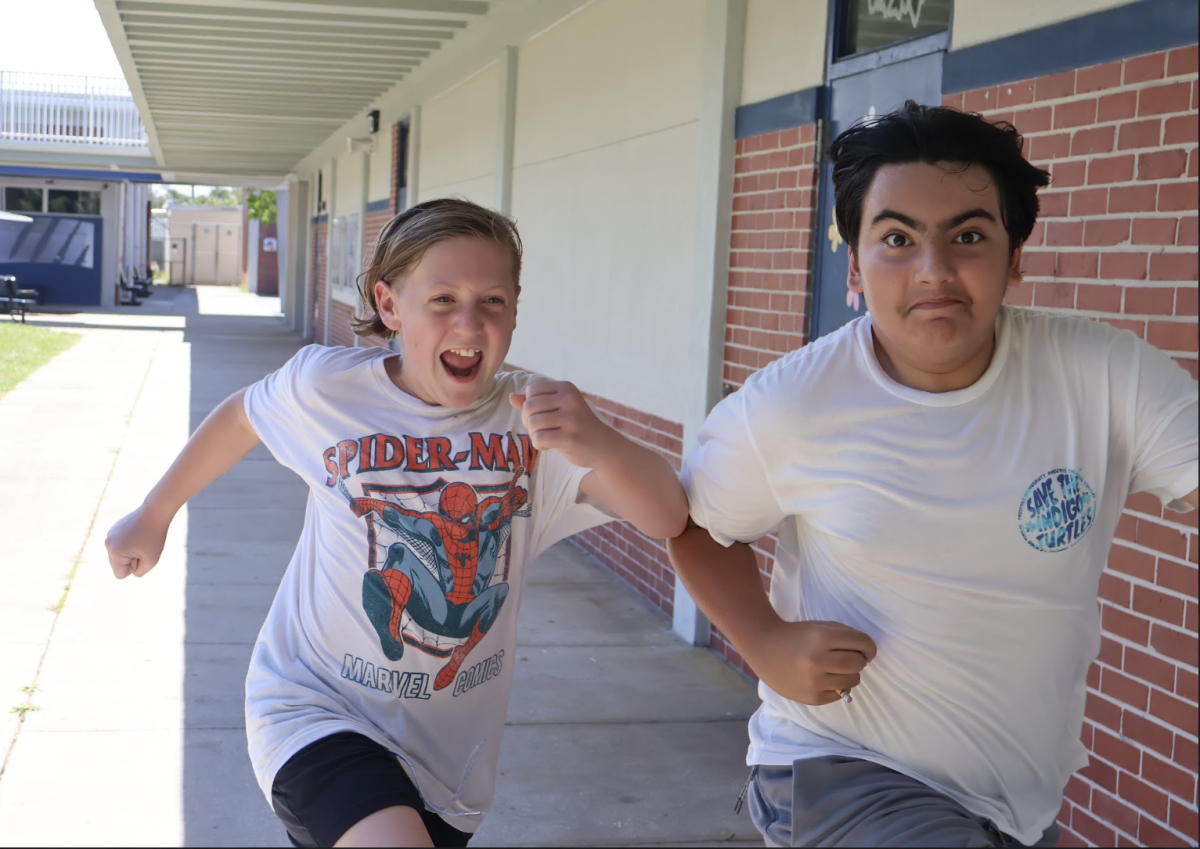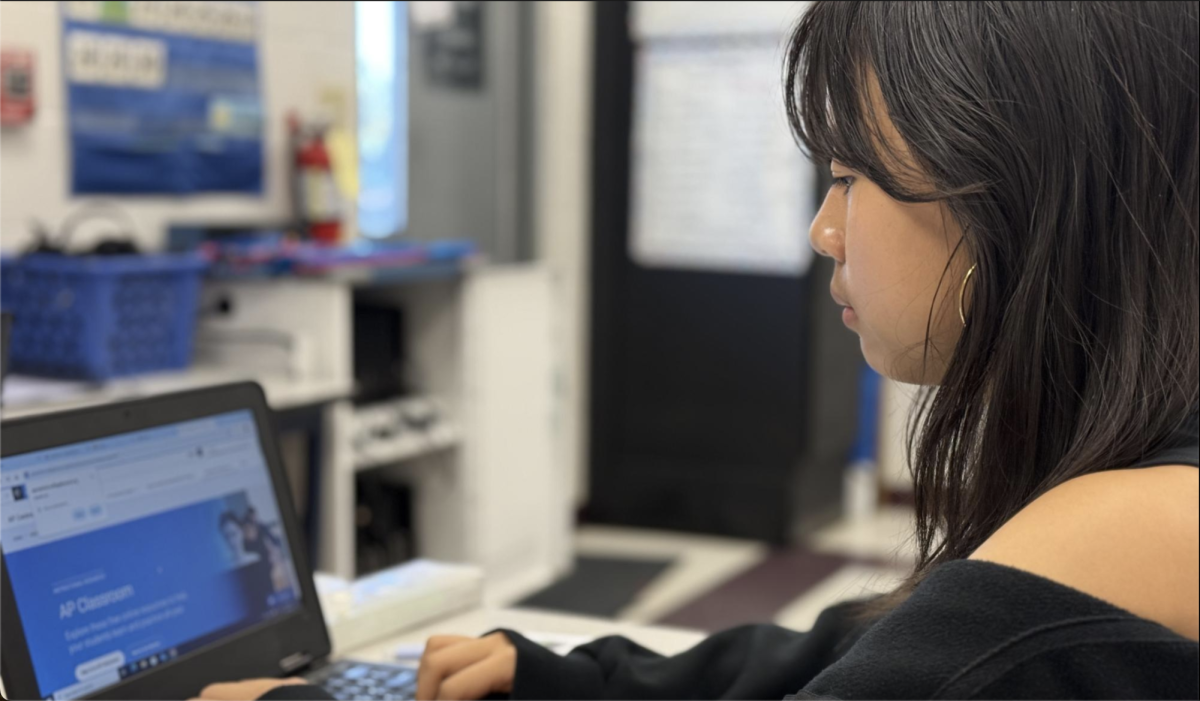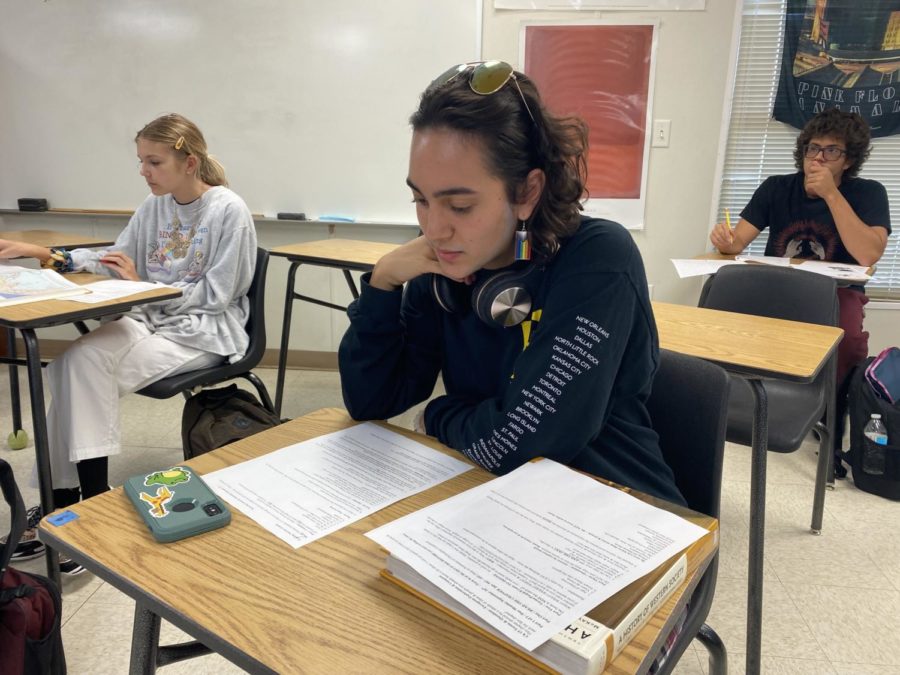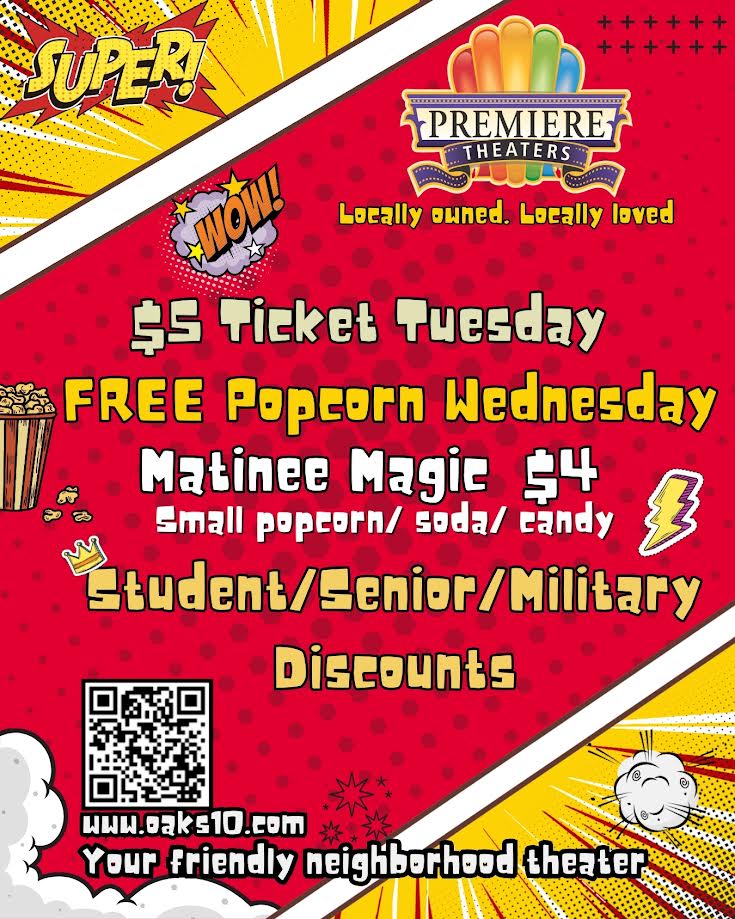Rewriting History
November 4, 2022
State legislation poses changes to curriculum
As history teacher Kirk Murphy takes in the new state legislation dictating his curriculum this year, he is reminded of his comparative political systems course in high school that was heavily driven by Cold War ideology at the time.
“They taught us that Americanism is good and communism is bad,” Murphy said. “That’s basically what we’re doing now. It feels like we’re going backwards. I’m not arguing that communism isn’t bad. It’s an asinine political concept that ignores human nature, but we’re being pigeon-holed into teaching specific things. This is a coward’s way out, but I’m glad that I’m at the end of my career and not the start.”
House Bill 7, also known as the ‘Stop WOKE Act’, essentially bars instruction within classrooms that may make students feel “guilt” or “anguish” over actions committed in the past by members of the same race, color, sex, or national origin. In Murphy’s eyes, this inherently defies what it means to teach history and comes off as “whitewashing.”
“There are events in everybody’s history that should make you feel uncomfortable,” He said. “If all of your history makes you feel happy, then what you’re studying is not history. I was looking at some of the books banned by school boards in Florida, and one of the books was called Baseball Saved Us and it was about Japanese internment camps. Why is that book banned? Oh, we made somebody feel bad. I’m sorry, but the Japanese internment camps are an ugly part of what our country did as a knee-jerk reaction to every Japanese and Asian person after Pearl Harbor. I understand the horror, but that’s something that needs to be studied. The good and the bad need to be studied.”
As the head of the history department, Murphy has discussed how to approach the new legislation with his fellow teachers.
“Basically what I’ve said is, you need to be careful of what you’re teaching,” He said. “Make sure that whatever you’re teaching is part of Florida Sunshine State standards. You need to be careful going off on tangents. If I’ve done things perfectly, you won’t know what side of an issue I’m on. That’s what I tell my teachers to shoot for.”
Murphy believes that part of the recent teacher deficits can be attributed to these tightening restrictions on curriculum.
“People are nervous, people are concerned,” Murphy said. “I’ve heard about people who have gotten out of teaching because of it. We need teachers. We don’t need to drive teachers away.”
This year, under House Bill 395, Florida schools must observe “Victims of Communism Day” on November 7th. According to history and psychology teacher Athena Pietrzak, this mandate does not pose as a “problem.”
“It’s not something that is so out of the ordinary that I have to plan for it,” Pietrzak said. “It’s probably going to be a discussion, especially with the death of Gorbachev, on why communism is not a good thing [and] why it doesn’t work. I think it’s a really good thing for students to have awareness of what’s going on, even though it’s not in the curriculum at the time.”
Pietrzak says that she doesn’t want students to walk into her classroom with any “preconceived polarization.”
“I don’t feel like we have to feel guilt over things that happened centuries ago,” she said. “Yes, your ancestors did this wrong, but it had nothing to do with you. I think that a lot of people need to be very careful with the language they use. I don’t feel like there should be guilt on any side. And that’s [Ron DeSantis’] goal, to stop that polarization of because you’re Republican that means automatically you’re racist.”
Piertrzak says she is a staunch advocate for curriculum transparency with parents.
“I was very much involved in my children’s education from the time they were in elementary school all the way through college,” she said. “It’s one of the reasons I became a substitute teacher. It’s important that they [parents] know that in social studies, particularly AP U.S. History, there’s going to be a bias on both sides of every major conflict. It’s my job to bring up the situation, teach [my students] the facts, and have a discussion with them. But I think it’s the parent’s job to be involved. I want their parents to say ‘your grandfather served in Vietnam, [or] your great-grandfather served in Korea.’ This is why they were protesting against it.’ I’m at FIT quite a bit now with the history teachers because I like to know what’s going on on their campus. It’s really important.”
For junior Sofia Palermo, although distinct topics may be “uncomfortable for certain people”, she says that they are ultimately “necessary to teach.”
“History is the reason humanity is where we are,” Palermo said. “It’s important to learn about each aspect of it. We are not the same people of the past, and history allows us to learn from mistakes and make changes. If students are not able to learn about who they are, where we came from, and how we came to be, then what’s the point of teaching the class at all?”


![Sophomore Isabelle Gaudry walks through the metal detector, monitored by School Resource Officer Valerie Butler, on Aug. 13. “I think [the students have] been adjusting really well," Butler said. "We've had no issues, no snafus. Everything's been running smoothly, and we've been getting kids to class on time.”](https://westshoreroar.com/wp-content/uploads/2025/08/IMG_9979-1200x800.jpg)






















